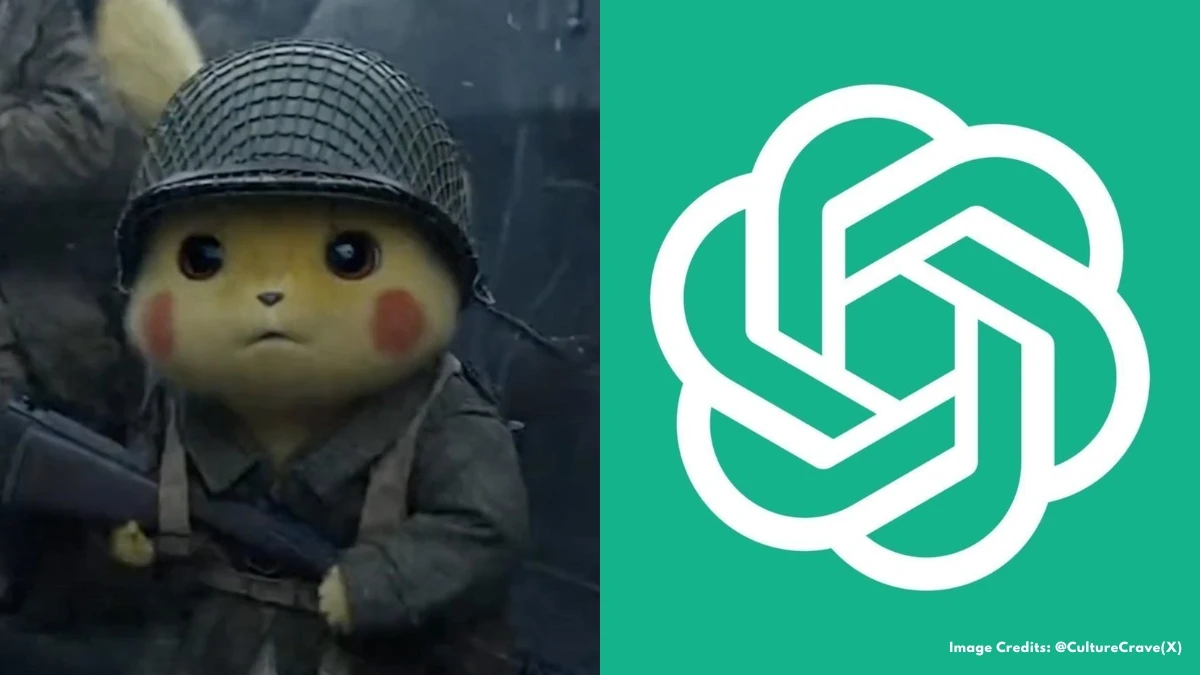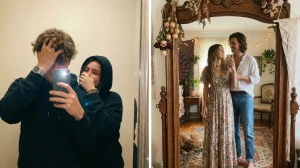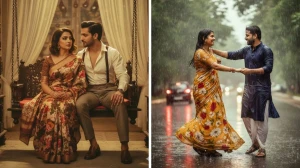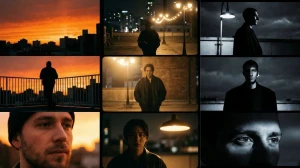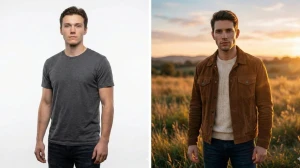The New AI Video Craze Starts With Sora
OpenAI’s Sora 2 isn’t just another AI tool; it’s a wild new stage for creative, viral video content that’s making a splash across social media, but also stirring up some stormy legal waters.
The app lets folks turn wacky prompts into slick, high-definition videos in seconds, making almost anything, Sam Altman singing in a bathroom, Mario leaping into the “real” world, fair game for meme-makers and would-be moviemakers alike.
As soon as it dropped, Sora rocketed to the top of the iOS Photo and Video charts, proof positive that people love a little AI mischief. But it’s not all LOLs and TikTok fodder. Sora’s first burst has copyright experts and many creators chewing their fingernails.
OpenAI has stated that companies must opt out if they do not want their copyrighted characters and content to appear in its AI video app, Sora. However, legal experts have raised concerns, arguing that this setup creates a "false bargain" where companies are blamed if they fail to opt out. According to these experts, this approach contradicts legal principles, as it should not be the responsibility of the copyright holders to prevent unauthorized use. This perspective was shared by Culture Crave (@CultureCrave) on X.
Sora’s Features: Easy, Freaky-Cool
Sora’s magic ingredient is how easy it makes making viral videos from just a few lines of text. Plus, with only a one-off audio and video sample, you can set yourself (or your friends, with permission) loose in all kinds of unlikely situations:
- Ever wanted to see Pikachu storm Omaha Beach like in an epic WWII flick? That’s out there now.
- Ronald McDonald starring in a steamy Love Island scene? Sora users went there with no hesitation.
- Video game icons like Lara Croft and Nintendo’s all-stars? Already starring in more fanfics than you can count.
As a casual, admittedly amused observer, it’s easy to get swept up in FOMO, but even a single scroll is enough to make you pause: Did these creators ask Nintendo before tossing Mario into the real world? Almost certainly not.
OpenAI has introduced new measures for its AI video app, Sora, allowing copyright owners to block unauthorized use of their characters. Additionally, the company has rolled out a revenue-sharing model for content that is permitted for use. This update was shared by the London AI Club (@LDNAIClub) on X, highlighting the platform's efforts to protect intellectual property while providing creators with a way to earn from their content.
Copyright Is A Tightrope, And Sora Just Did A Backflip
Here’s where things get spicy. Sora, powered by OpenAI’s latest video model, cheerfully lets users generate videos with famous copyrighted characters and celebrity likenesses (sometimes in eyebrow-raising scenarios) unless the copyright holders individually opt out; no broad blocklists yet.
This is an aggressive “ask-for-forgiveness-not-permission” tactic. And boy, are copyright hawks circling! For IP owners, hearing that Sora’s opt-out is essentially piecemeal must feel like being told to bail water out of a sinking canoe with a colander.
Anecdote time: Saw a clip where a friend uploaded a quick selfie, then stuck themselves into a scene from their favorite RPG, complete with the game’s distinctive art style, background music, and all. They were beaming, but honestly looked nervous posting it anywhere public…that sense of “Am I allowed to do this?” hanging over every share.
The Lawsuits Are Coming, But Is Sora Doing Anything Illegal?
Whether Sora actually breaks copyright law is, as they say, “pending further review.”
In fact, OpenAI is already tangled up in legal showdowns over its training data, including a suit bundled with The New York Times and best-selling authors like Ta-Nehisi Coates and Jodi Picoult.
Mark McKenna, a UCLA copyright law expert, said it best: “You don’t have to opt out of somebody else’s rules.” Translation? Just because Sora invites you to chase down every video of Mario or Sam Altman singing, that doesn’t mean it’ll hold up in court. Using copyrighted stuff for model training is one thing, spitting out recognizable, potentially profitable content is quite another.
And it’s not just American lawyers sharpening pencils. ByteDance, the Chinese tech giant behind Seedance, is feeling the copyright heat too after unveiling its own AI video tool.
Sora’s Guardrails: Watermarks, Metadata…and Shrugs
To stem the deepfake flood and abuse, OpenAI announced that all Sora-made videos come branded with animated watermarks and invisible metadata tagging them as AI-created.
Sounds sensible…except, well, that metadata can be stripped away almost by accident (say, by re-uploading to Instagram), and even the visible marks can only do so much before someone crops or overlays them.
It’s a little like putting “DO NOT STEAL” in Comic Sans across a prized painting; you appreciate the effort, but it isn’t going to stop determined mischief-makers.
Siwei Lyu from the University of Buffalo pointed out that “multiple layers of authentication” are going to be needed, and even then, it’s unclear how well any of this works in the real, messy internet. That sense of uncertainty? Very real, and not just for lawyers.
Invitation-Only, For Now, But The Genie’s Out
OpenAI is keeping Sora’s full-access list small for now, though the app itself is free to download.
A slow launch seems wise, but a quick scroll through X (Twitter, for the nostalgics) or TikTok reveals DIY Altman music videos, mashup parodies, and, yes, Mario taking a totally unauthorized run through Times Square within hours.
And that’s the thing: once this tech is “in the wild,” there’s no stuffing the cork back in.
Why Are We All So Hooked, and So Wary?
The Sora hype is easy: it’s fresh, fun, and the creative serotonin hit is real. Honestly, when every “is this real??” video feels crafted to lure a share, resist at your own peril. But for every bit of glee, there’s also a dose of anxiety: will someone impersonate you, deepfake a friend, or get sued for a quick laugh?
A quick, informal table of the vibe right now:
| Sora’s Big Wins | Sora’s Headaches |
|---|---|
| Instant viral videos | Big copyright looming |
| Anyone can play | Deepfake/abuse worries |
| Hugely creative tool | Legal gray zones everywhere |
| Tech feels jaw-dropping | Creators anxious about credit |
Welcome to The AI Copyright Minefield
OpenAI’s Sora isn’t just a cool video generator; it’s a full-on test of how law, creativity, and “meme magic” collide in public view. It brings the best and worst of internet culture together, and a real question mark hangs over what’s next for copyright, creators, and maybe just plain fun.
The question on everyone’s lips: will companies step up and negotiate new deals for AI, or is Sora about to become the legal poster child for AI’s growing pains? Either way, it feels like the start of something wild, and, depending on the lawyers, just a little terrifying.
“Maybe Sam Altman can sing a few bars about fair use next time he’s in the bathroom.”
